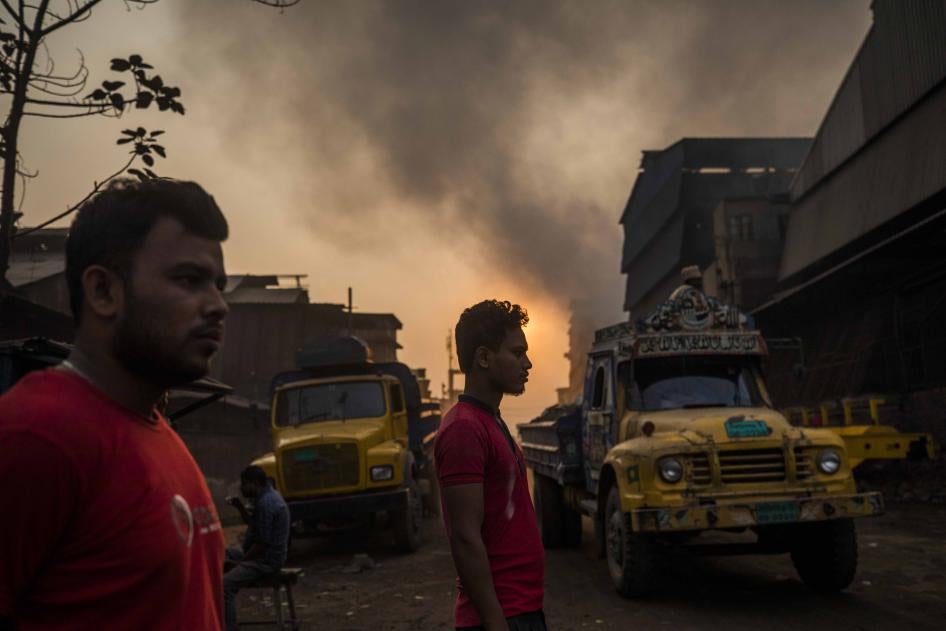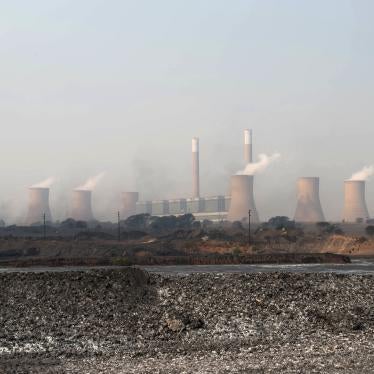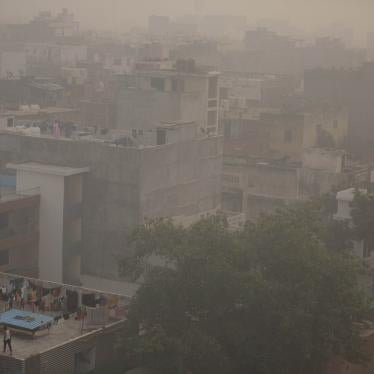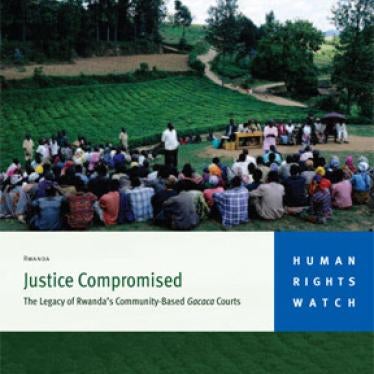Today, the prestigious medical journal The Lancet revealed the terrifying extent of harms to human health caused by pollution. According to the study, at least nine million deaths were attributable to pollution in 2019, of which 92 percent occurred in low-income and middle-income countries. Of those, 6.67 million were attributable to air pollution.
Water pollution was responsible for another 1.36 million premature deaths, the report also found. Exposure to lead, a heavy metal highly toxic to humans when ingested or inhaled, contributed to 900,000 premature deaths, while toxic occupational hazards followed with 870,000 deaths. The figures are broadly consistent with The Lancet’s previous findings in 2018, concerning evidence of a lack of progress.
Human Rights Watch has also documented harms from pollution across the world. At the heart of these health crises are governments’ persistent failure to tackle the sources of pollution and protect the human right to health.
“For weeks, the smoke covers the sky,” a doctor in Brazil told us when we investigated the effect of forest fires on the health of people in the Amazon. Thousands of people in traditional communities living on the banks of one of the Amazon River’s largest tributaries depend on this doctor’s team to get health care when toxic air pollution from largely illegal fires attacks their lungs.
In Bosnia and Herzegovina, older persons told Human Rights Watch about the brutal toll in their communities from toxic air pollution from the burning of coal for electricity that results during winter in some of the most polluted air in the world.
Whether the unsafe water many First Nations communities consumed in Canada, the lead-contaminated soil that migrants were forced to live on in Greece, or the global failure to assess health impacts of toxic chemicals in plastic products, governments around the world are not doing enough to address the silent killer that is pollution.
The Lancet study calls for an international panel of scientists on pollution, modeled after the Intergovernmental Panel on Climate Change (IPCC), alongside increased funding for pollution control from governments and improved pollution monitoring and data collection. If world leaders act with the urgency these issues demand, they can reduce the enormous health burden of this major global threat.











